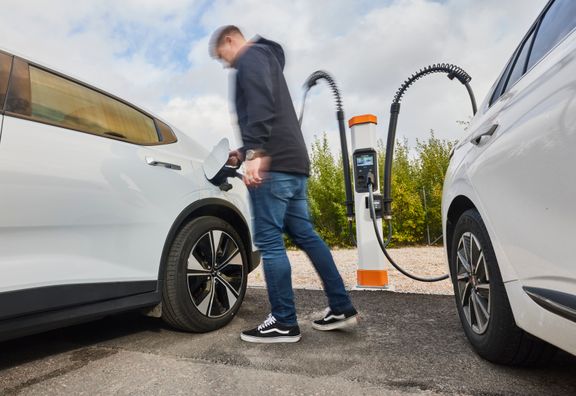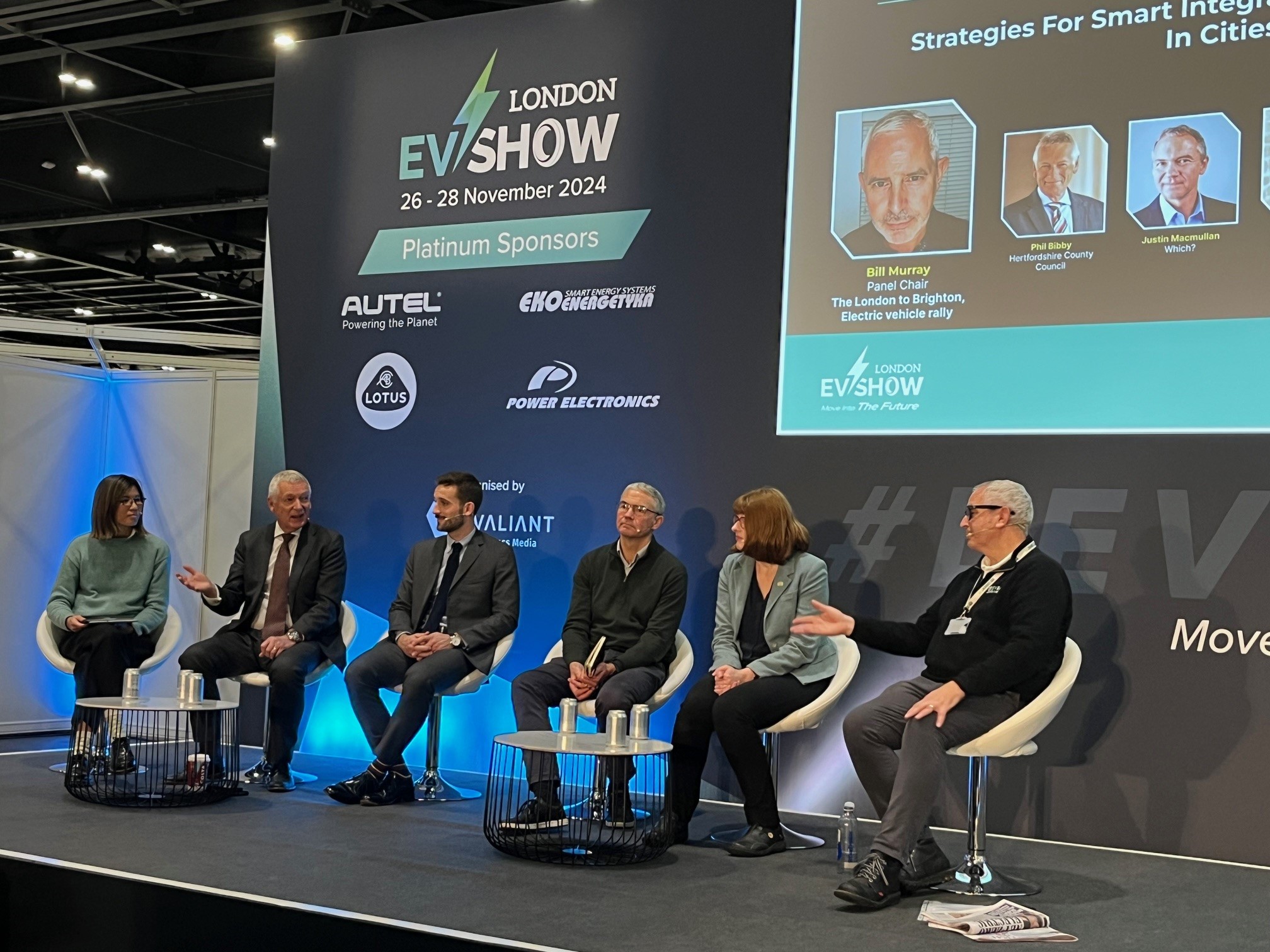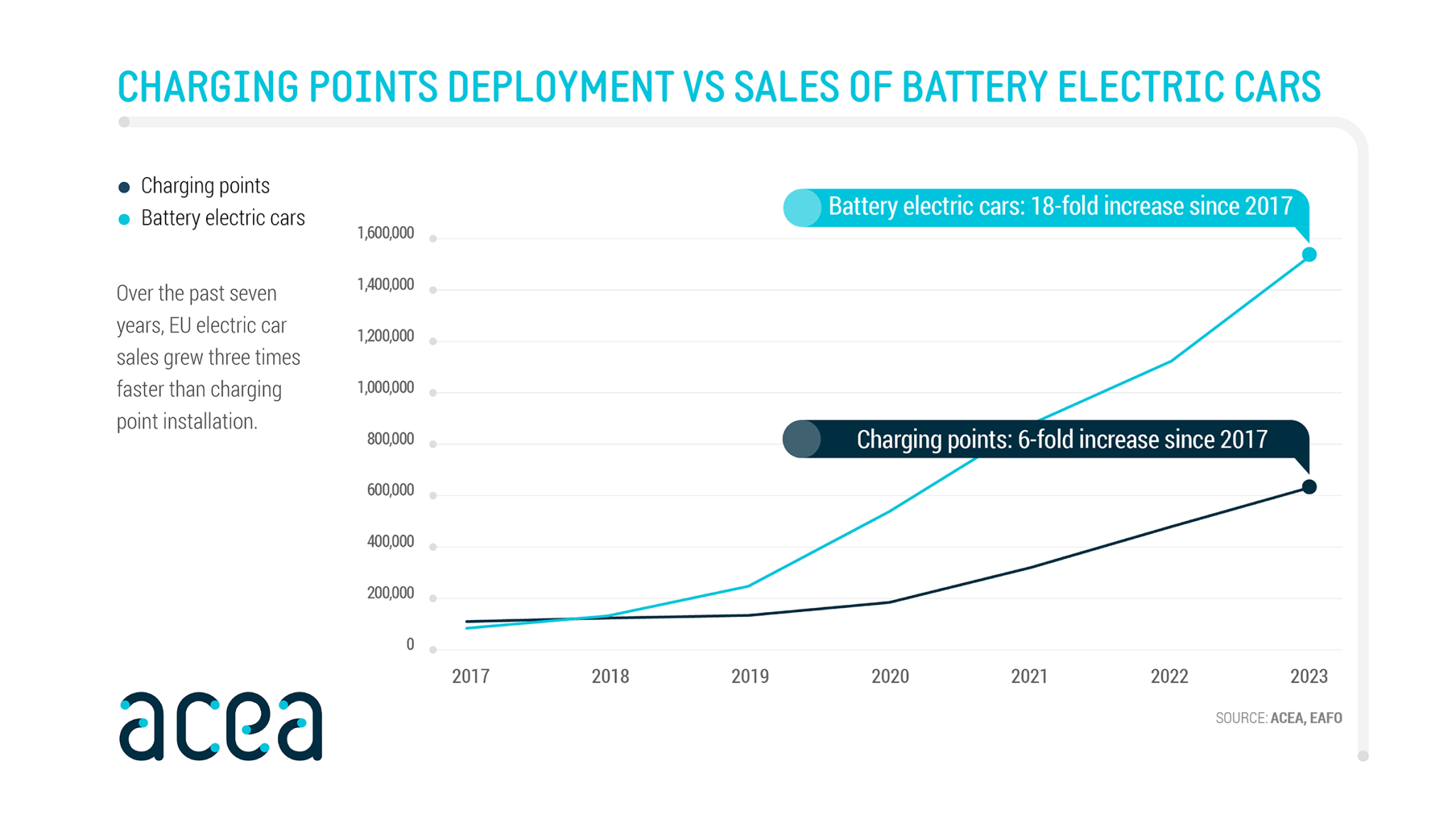
The EV charging sector faces a whole host of “issues” if the industry is going to install chargepoints and EV hubs every 60km on Europe’s key highways, says Albina Iljasov, head of Europe for XCharge.
The EU’s “Fit for 55” package is designed to reduce the region’s greenhouse gas emissions by 55% by 2030. It is part of the union's strategy of the European green deal presented first in December 2019.
But it is never going to happen unless the EU’s national governments get their act together soon.
For example, Iljasov, who is based in Germany, told conference delegates at the London EV Show this week that: “We have been experiencing 12 to 18 months wait times in Germany to get connected to the grid.”
And this is made more difficult by the fact that there are more than 800 different grid providers in Germany, she added. Things are not moving fast enough.
This was a point echoed by Greg McClymont, assistant director of transport and place at the UK’s National Infrastructure Commission. “The number of new chargepoints being installed, needs to grow at 30-40% per annum every year between now and 2050,” he said. And that is a very difficult target to hit.
“Significant uncertainty remains,” McClymont said, “and we have got to manage that uncertainty. Government must be prepared to step in and push harder.”
Driving decarbonisation at the same time as growing the economy needs careful planning and implementation, he said, adding that “road enhancement policies” must still go ahead … but “be compatible with the country’s net zero targets.”
“Stopping road building is not the right approach, we need to monitor and review electrification of the national vehicle fleet and balance that with chargepoint provision.” Only careful direction from central government will get us there."












